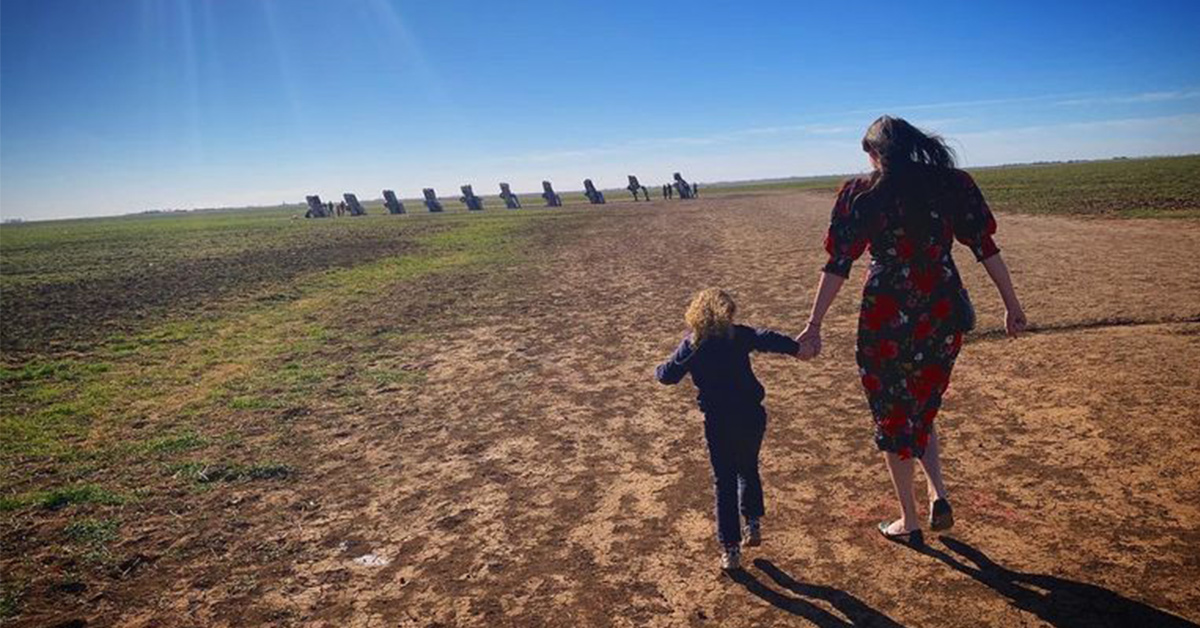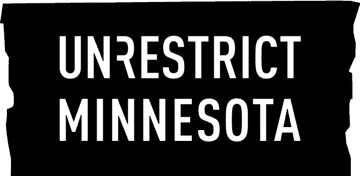I Had a Miscarriage. Here Is What I Want People to Know.

On September 14, 2020, I thought I was eight weeks, two days pregnant. I was supposed to be. I should have been.
Almost from the moment the midwife started the scan, I knew something wasn’t right. I alternated between searching for signs of life on the screen and for something encouraging in the eyes of the midwife, but I felt my own heartbeat quicken in my ears as I realized I was seeing neither. Normally, midwives are the type of care providers who would have offered a hug. But the pandemic forced her to say “I’m sorry for your loss” from a distance.
I spent the next few days in deep, blinding grief. I barely left bed. Friends sent dinner. Flowers, cards, cookie dough, and bourbon appeared at our door. But even these gestures were marred by the sterility of the pandemic—everything distanced, contactless, masked, save for one five-minute-long hug from a dear friend, wordlessly offered, gratefully accepted.
I’ve been an attorney in the reproductive rights field for 12 years. I thought I knew everything about pregnancies and the ways they end: The statistics about pregnancy loss. The term “miscarriage management.” All of my options if the miscarriage didn’t happen on its own. But nothing could prepare me for how drawn-out and painful miscarrying would actually be.
I became a lawyer in 2008. I became a mother in 2016. I became a person who had a miscarriage in 2020. These are not just dates on a calendar but moments that will change and shape me forever.
I feel humbled by what happened. I waffled for four years about whether to have another baby, and assumed it was always my choice to make. What a crushing realization that my assumption was unwarranted.
And I feel angry about everything I didn’t know about pregnancy loss, even after more than a decade working in the reproductive health field. I want people to know that miscarriage hurts, both physically and emotionally. It can take a long time.
I want people to tell the truth about what it can really feel like.
I want people who want to regulate pregnant bodies to know that pregnancies don’t always work out. That if they want to force people to stay pregnant and their pregnancy fails, that the interventions they are offered—pills that start contractions and empty the uterus or a procedure that removes the pregnancy—are the exact same options available to people who need abortions. Our choices and risks are nearly identical. I want anti-abortion politicians to know that I am no better, no more deserving of support, than someone who chose to end their pregnancy. I also want insurers and the government to cover every single fucking aspect and outcome of pregnancy.
Amanda Allen is a reproductive rights lawyer. Excerpted from her essay in Elle.com in January 2021. Continue reading here.
